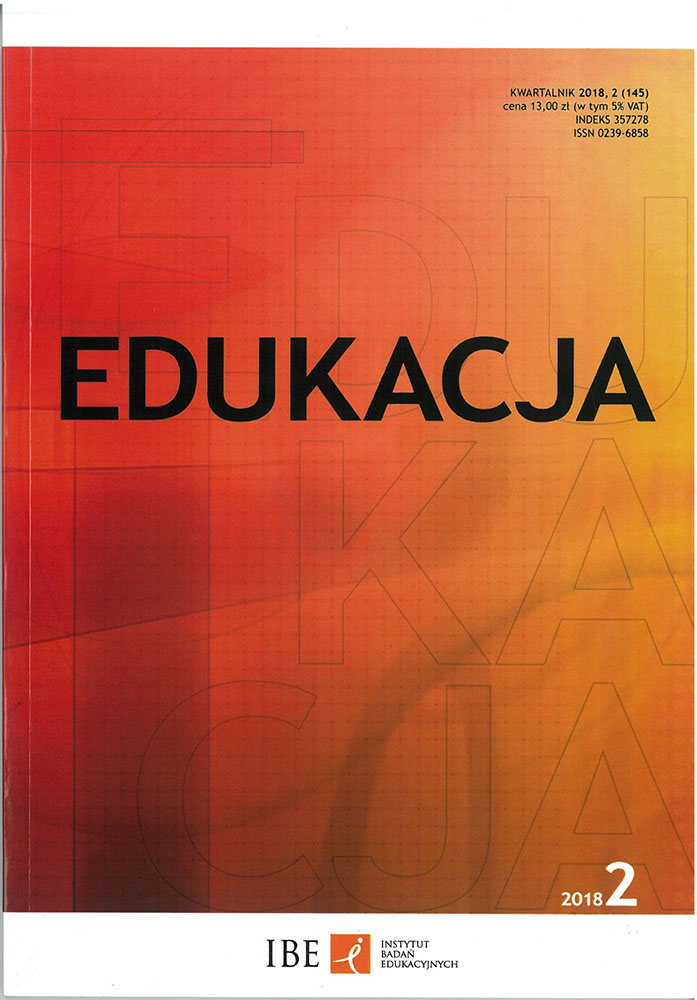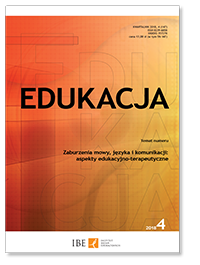
Parents and children in death education – a Kashubian context
Parents and children in death education – a Kashubian context
Keywords: social studies; death education; Kashubian culture; wake; participation
This article discusses the role of parents in death education through exposure to death in the broader environment and in the context of Kashubian (a Baltic west-Slavic tribe) death rites. Home education seems to be significant, considering the critical situations embedded in every life. Understanding the reality of death is a lifelong process, thus, education about death should start early, avoiding didactic discourse and misleading concepts. The objective of this paper is to present children as competent forgers of meaning while participating in death rites, so gaining a better understanding of finality.
More...













